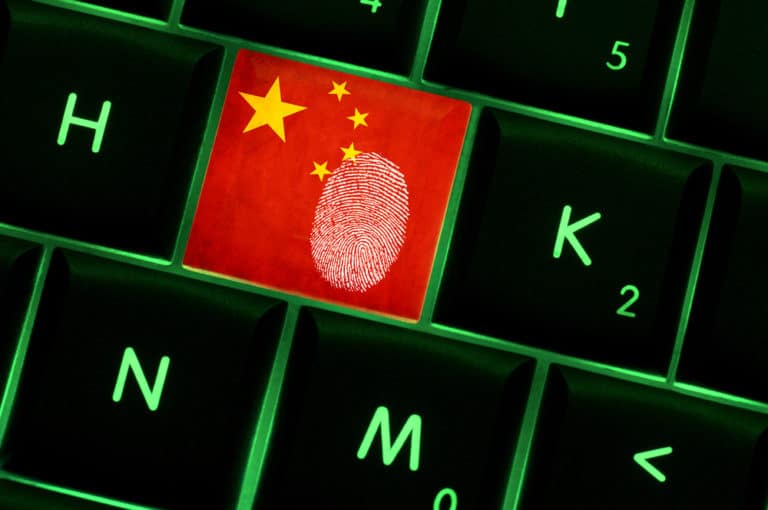A coalition of NATO member states, the European Union, Australia, New Zealand, and Japan are coming together to reckon with the problem of Chinese state-sponsored hacks.
The first of many actions the new joint effort aims to take includes publicly blaming China’s Ministry of State Security (MSS) for orchestrating a massive cyberattack on Microsoft Exchange email servers earlier this year.
The attack was executed by criminal contract hackers working for the MSS, who also engage in extortion-ware, cryptojacking, and ransomware. The members of the group will share information and collaborate to strengthen defences and security.
Hafnium
On Monday, the FBI, National Security Agency, and Cybersecurity and Infrastructure Security Agency released a new advisory detailing 50 tactics, techniques, and procedures used by Chinese hackers to breach systems.
The Microsoft Exchange server attack was brazen, to say the least, and was made public in March. It is believed to have affected 30,000 American organizations and hundreds of thousands of others globally.
Microsoft was able to quickly identify the group behind the attack, revealing it to be a relatively unknown espionage group named Hafnium.
A confrontational approach to China
Until now, for political or diplomatic reasons, the United States has been holding itself back from pointing the finger at Beijing over the attack. This delay in naming China the perpetrator ensured that investigators could gather evidence proving Hafnium was the attacker, paid by China.
It was also crucial for the US to orchestrate the coalition of allies before making public attribution.
Cyberwarfare is the new battleground for the world’s most powerful nations, as autocratic states and democratic states clash on what to do with technology, as well as come up with a global model to combat future threats.
